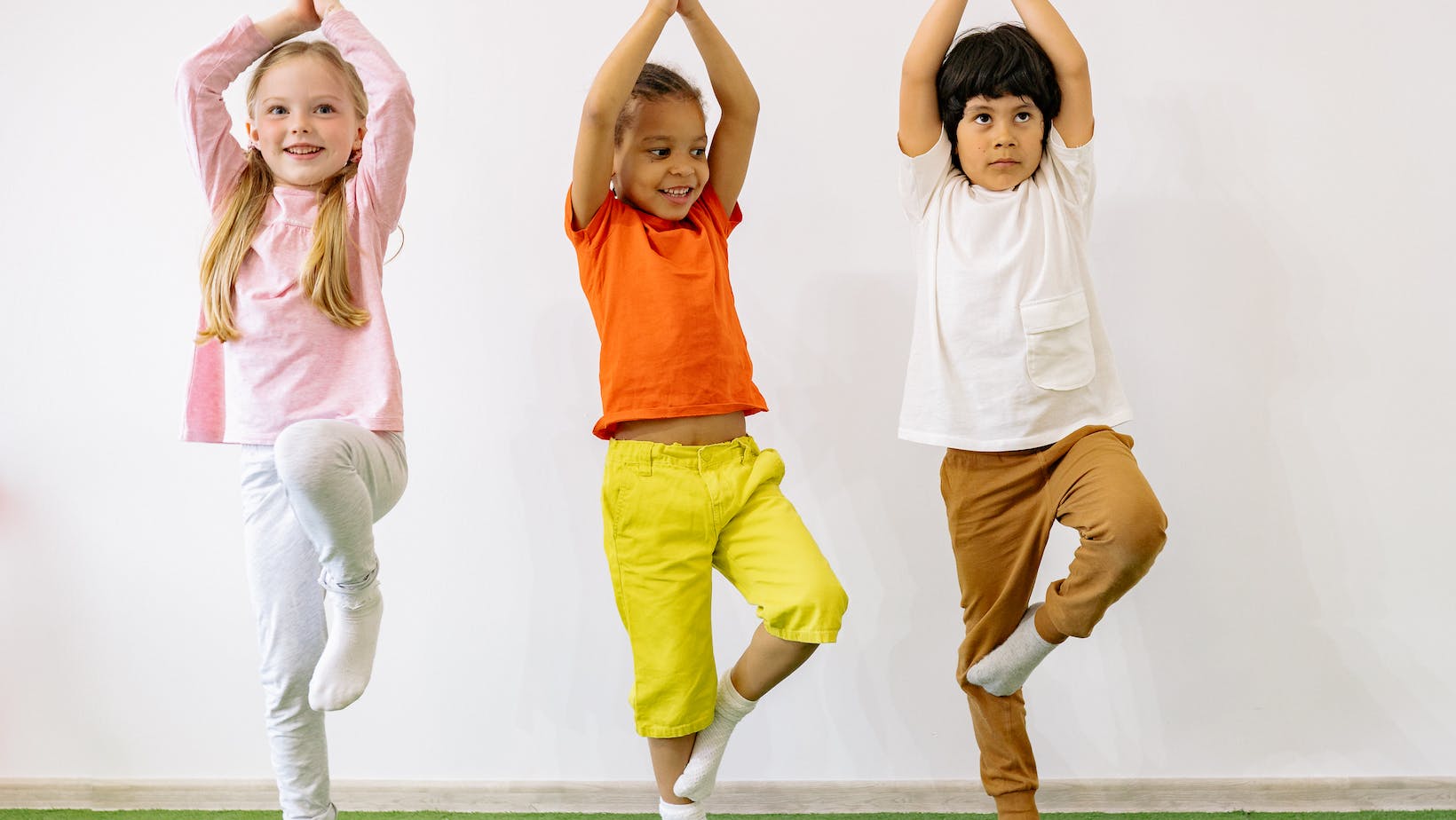
Introducing Young Children To Exercise Can Prevent __________.
Introducing young children to exercise can prevent a wide range of health issues in the long run. Here are some key benefits:
- Prevents obesity: Regular exercise helps children maintain a healthy weight and reduces the risk of obesity, which is a major concern in today’s society.
- Strengthens bones and muscles: Physical activities like running, jumping, and playing sports help in the development of strong bones and muscles, contributing to overall physical strength and agility.
- Boosts cardiovascular health: Exercise promotes a strong heart and improves blood circulation, reducing the risk of heart disease and other cardiovascular conditions later in life.
Mental Well-being
Physical activity not only has physical benefits but also has a significant impact on children’s mental well-being. Here’s why:
- Reduces stress and anxiety: Engaging in exercise releases endorphins, which are natural mood boosters, helping children cope with stress and anxiety.
- Improves mood and self-esteem: Regular physical activity enhances mood and self-esteem, providing a sense of accomplishment and boosting confidence in children.
- Enhances cognitive function: Exercise has been shown to improve concentration, attention span, and academic performance in children.
Social Development
Exercise also plays a crucial role in the social development of young children. Here are some social benefits:
- Promotes teamwork and cooperation: Participating in group activities and team sports teaches children important skills like teamwork, cooperation, and communication.
- Builds social connections: Engaging in exercise with peers provides opportunities for children to make new friends and build strong social connections.
- Fosters leadership qualities: Taking part in physical activities allows children to develop leadership skills, as they learn to take charge, make decisions, and motivate others.
Introducing young children to exercise offers a myriad of benefits for their physical health, mental well-being, and social development. By providing them with opportunities to engage in regular physical activity, we can set them on a path to a healthier and happier future.
How to Introduce Exercise to Young Children
When it comes to introducing exercise to young children, making it fun and playful is key. Here are some effective strategies to make exercise enjoyable for children:
- Incorporate games: Encourage children to participate in games that involve physical activity, such as tag, hide-and-seek, or obstacle courses. These games not only get kids moving but also provide opportunities for social interaction and cooperation.
- Use music and dance: Turn on some upbeat music and have a dance party with your child. Dancing not only helps to improve coordination and flexibility but also enhances mood and self-expression.
- Use colorful equipment: Invest in colorful and engaging exercise equipment, such as hula hoops, jump ropes, or mini trampolines. These visually appealing tools can make the exercise experience more enticing for children.

Setting a Good Example
Children often look to their parents and caregivers as role models. By setting a good example and displaying a positive attitude towards exercise, you can inspire your child to embrace an active lifestyle. Here’s how:
- Be active together: Engage in physical activities together, such as going for family walks, bike rides, or swimming. This not only promotes exercise but also strengthens family bonds.
- Involve the whole family: Encourage other family members to participate in physical activities. This not only provides support but also creates a positive environment that fosters exercise as a regular part of life.
- Be enthusiastic: Show enthusiasm and excitement when engaging in physical activities with your child. This enthusiasm can be contagious and motivate your child to develop a love for exercise.
Conclusion
By introducing young children to exercise in a fun and engaging way, we can set them on a path towards a healthy and active lifestyle. Incorporating games, music, and colorful equipment can make exercise enjoyable for children, while involving the whole family can create a positive and supportive environment.
In addition to structured activities, integrating exercise into daily routines can make it a natural part of their day. Encouraging children to walk or bike to school, assigning household chores, and finding opportunities for physical activity throughout the day can all contribute to their overall fitness.
The key is to create an experience that children will enjoy and look forward to. By doing so, we can instill a love for exercise from an early age and lay the foundation for a lifetime of good health.
Remember, it’s never too early to start introducing exercise to young children. With a little creativity and enthusiasm, we can help them develop healthy habits that will benefit them for years to come.






